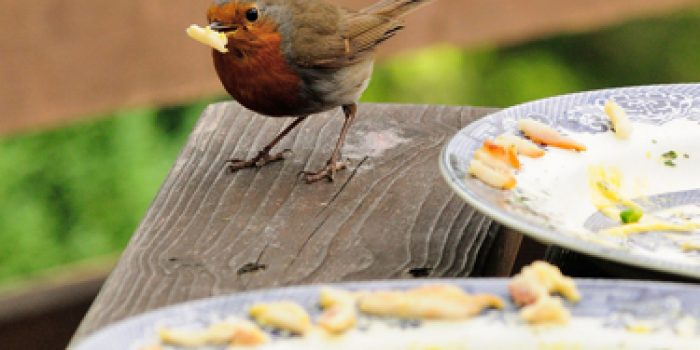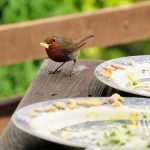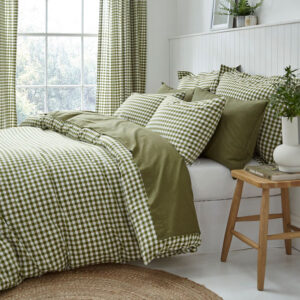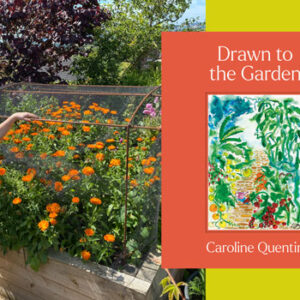How to help smaller birds fight for their share in your garden
By Sam Wylie-Harris, PA.
One of the joys of having a garden is bird watching – whether it’s birdsong, the flutter of wings, a happy chirp, birds cooling off in your birdbath or feeding time.
When you’ve put out the seeds, scraps or finely chopped unsalted bacon, you want everyone to have a share of the pickings.
But if you’re not careful, it only takes a greedy magpie or squawking jackdaw to steal the best bites and leave the little ones with nothing.
So, is there any way you can at least deter some of the bigger birds to allow the smaller ones a chance?
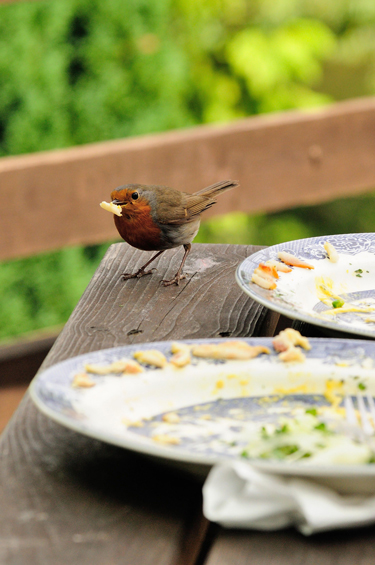
Sarah Hancocks, of specialist CJ Wildlife says: “There is never a guarantee that by putting out bird food, larger birds won’t attempt to eat it. However, some foods such as nyjer seed are less likely to attract larger birds because they have the biggest draw to greenfinches and chaffinches.
“Mesh feeders that contain peanuts are also less likely to attract larger birds, as the mesh makes it more difficult for them to get to the food.
“There are also small steps you can take to help keep them away from your caged feeders while maintaining some harmony among all kinds of birds – we never want to leave anyone out,” she adds.
Here’s what experts advise to help smaller birds have their fair share.
1. Add a ground feeder
Ensure the larger birds have their own supply of food away from your small garden bird feeder – Hancocks says this will deter them away from waiting for scraps from the smaller birds.
2. Place your garden bird feeder behind dense shrubbery or planting
“Out of sight, out of mind! Larger ground feeding birds are less likely to forage for food that’s more hidden behind shrubbery and plants,” she says.
“Whereas smaller garden birds such as blue tits and chaffinches will root around for their food in the undergrowth, so hiding your bird feeder can help deter larger birds.”
Place your feeder close to a hedge or wall – this will stop any large birds landing on your feeder, causing it to swing and shake food to the floor.
“This often causes a feeding frenzy for ground feeding birds!” she adds.
3. Place some food higher
As Hancocks points out: “Larger birds are much more likely to sit and feed from greater heights. So by putting out some food on top of your garden shed, one top of a high wall or other high flat locations, this will keep the bigger birds happy and off the smaller garden bird feeders.”
4. Choose food that’s suitable for little birds
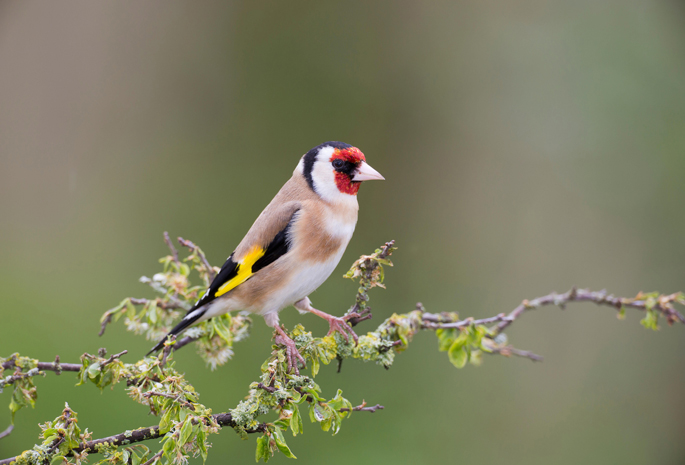
In terms of food to offer small birds in your garden at this time of year, Helen Moffat from the RSPB says black sunflower seeds are popular with lots of garden birds, from finches to robins and tits, along with other smaller seed varieties like millet and flaked maize.
“Split peas, beans, dried rice, lentils and even dog biscuits are sometimes added to cheaper seed mixes to bulk them out – and small birds cannot eat things like this unless they have been soaked, so try and avoid them,” advises Moffat.
Whilst there are chicks in nests, she recommends avoiding foods which pose choking risks like whole peanuts and fat.
“These foods become important later in the year, when birds need more calories to cope with the colder weather,” notes Moffat.
“You can also put out some staples from your own kitchen such as soft fruit, like halved apples and bananas, soaked raisins or grated cheese.”
5. Get the right feeder
As Moffat points out, feeders are key to helping ensure smaller birds can access food, if you’re concerned about larger species taking it all first.
Whatever food you choose, she says it’s still likely to be eaten by larger ones if they can get to it.
“Special nyjer seed feeders have very small feeding holes which are difficult for larger birds to feed from. Finches – especially goldfinches – love this tiny oil-rich seed,” she says.
“Hanging bird feeders are ideal for perch-feeding birds like tits, goldfinches, and greenfinches, and you can deter larger birds with ‘feeder guardians’ – cages placed around the feeders.”
Moffat says no feeder guardian is 100% effective – and small or juvenile squirrels can sometimes squeeze through – so she advises regular checking.
Also, having a mix of feeders is best, she says, to ensure all birds can access some food – and don’t forget clean water too, an essential all year round but especially during hot weather.
6. Consider the weather
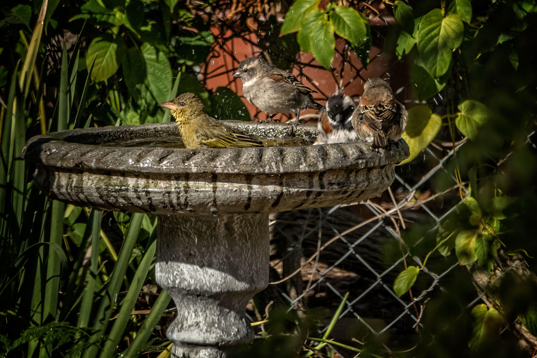
Food for your garden birds becomes vital if there are changes in the weather, warns Moffat, such as the extreme heat we’ve had.
“The hard, dry earth makes it really difficult for ground-feeding birds like black birds and thrushes to reach earthworms, and likewise, cold, wet spells can affect the insects available.”

